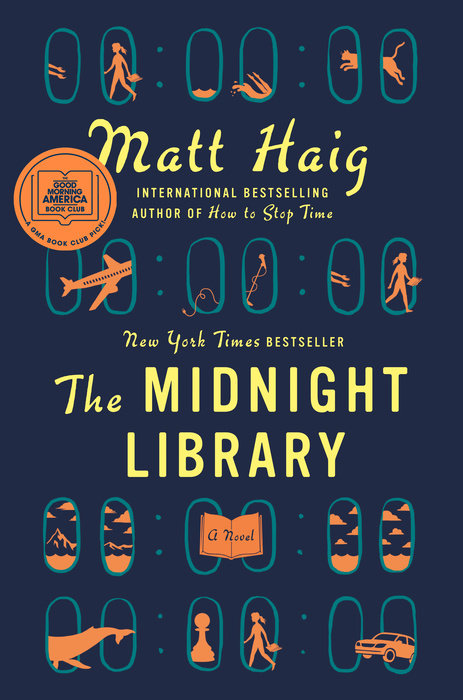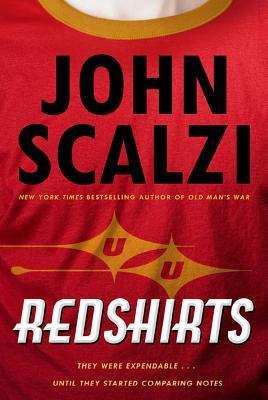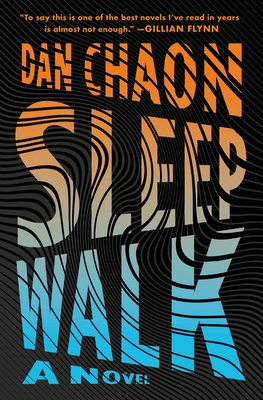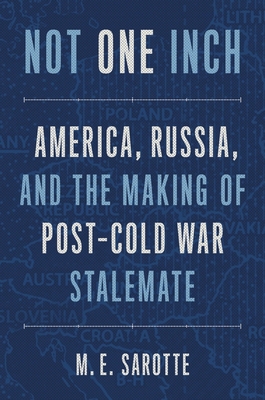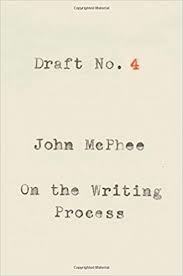The Midnight Library by Matt Haig is overly sentimental. Spoiler alert—if you might want to read this book, stop reading this review now. It begins interestingly enough, as a depressed young woman in England finds life weighing heavily upon her—the last straw is the death of her cat—and she decides to take her own life. She lapses into unconsciousness and finds herself not dead but in The Midnight Library with Mrs. Elm, who had been her school librarian. She is instructed first to review her Book of Regrets, which is large, and then choose a regret that she’d like to alter. The result is a series of slides into various parallel lives. Some lives go better than others (rock star, Olympic swimmer and motivational speaker, arctic scientist), but eventually the reader can see that she’ll learn some important life lessons from this experience and choose to be a better person in her original life. A little heavy-handed sermonizing for my taste. It’s one thing to have an agenda for combatting climate change or racism, and it’s another to lecture your readers that you should do a better job of living your life. I confess that the book was sufficiently entertaining that I plowed through it, though, so you could do worse.
Redshirts by John Scalzi is a fun read. I might describe it as meta-science fiction, because it begins on a starship several centuries in the future and it feels at first like a Star Trek rip-off. Eventually though, some of the new members of the crew realize that there is a very high death rate among them, which, together with the title, reminds us that on Star Trek the crew members who wore the red shirts were most often the people who die from strange extra-terrestrial deaths. That realization causes them to put their heads together to figure out why that is, and eventually they learn that they are actually characters on a bad science-fiction TV program from the early 21st century that is, in fact, a Star Trek rip-off. But they feel like very real people, not fictional characters, and they don’t want to die, so they take action. All of which was fun to read, but it felt as though the author didn’t quite know how to end the book, and so it doesn’t really end.
Things That Matter by Joshua Becker is a book about removing distractions from your larger purpose, whatever that might be. Becker is known for his Decluttering movement—books, a blog, a course that I’ve taken—and for me this is a logical next step. Partly this is true because I have not yet succeeded in getting much decluttering done—a project from which I’ve allowed myself to be distracted—but I really want to. I also want to make sure I finish the book I’m currently working on, but I am terribly distracted by a lot of other things, including social media. There is the sense in the book that he’s talking more about serving others rather than oneself and one’s personal goals, but he allows for that as well. In any case, I hope my writing isn’t just for myself anyway. The purchase of the book included a 4-week course with Becker on YouTube, so I’ve watched that as well, and it’s interesting to hear him talk about the book’s content. I don’t feel as though most of the distractions he’s discussing really concern me much, but the last one—technology—absolutely does. I waste so much time on social media, among other online distractions, that I really must find a way to bring that under control, and he has some good suggestions for that.
Sleepwalk by Dan Chaon is a book I’ve reviewed for the New York Journal of Books. It’s a dystopian tale that sneaks up on you. The main character, sometimes going by the name of Billy, seems normal, at first, if somewhat nomadic in his outfitted RV. But as the miles go by, and he performs tasks for his employer, we realize that not only is Billy not just a nomad, but the world isn’t the same world we currently live in. Or maybe it is, but things have gotten a whole lot worse. Billy is contacted mysteriously by a voice named Cammie, who claims she is his offspring, in the sense that she was conceived using sperm that he donated to a sperm bank when he was a young man. She’s in danger and so is he, she claims, and that begins the epic journey that drives the rest of the book. Here’s my review.
Not One Inch: America, Russia, and the Making of Post Cold-War Stalemate by M. E. Sarotte is a detailed—excruciatingly detailed—account of tension between the US and the Soviet Union (and then Russia, after the USSR’s collapse) over NATO expansion during the administrations of George H.W. Bush and Bill Clinton. Apart from the detail—so many conversations are repeated almost as if she had been in the room—it is extremely interesting to learn more about the personalities of the main players in these discussions. Because Bill Clinton was president when expansion finally took place, it is especially interesting to hear about the evolution of his initially warm relationship with Boris Yeltsin (after the dissolution of the Soviet Union). It’s also interesting to read about the various options that were considered along with attempts to placate Russia while still achieving expansionist goals. Sarotte concludes, looking back, that “we could have done better,” but that doesn’t seem terribly helpful. Expansion served its purpose of keeping the peace in Europe. Or did it light a fire under Putin that has now brought us to his war in Ukraine? I don’t think it’s possible to know for sure.
Draft No. 4: On the Writing Process by John McPhee is a collection of craft essays that are aimed primarily at writers of long-form non-fiction pieces of the kind that McPhee writes, but the structural and process tips could be of benefit to fiction writers as well. There are a lot of glimpses behind the curtain here about working with William Shawn and other editors at The New Yorker, which makes it doubly interesting.

